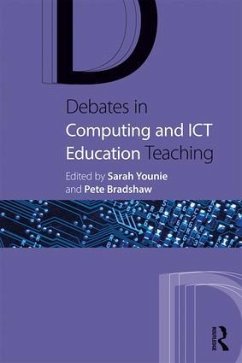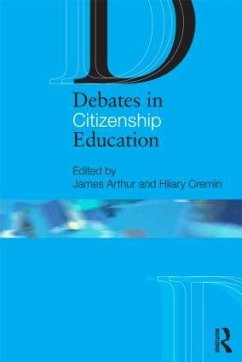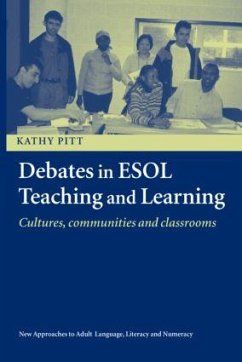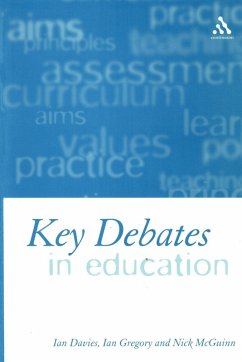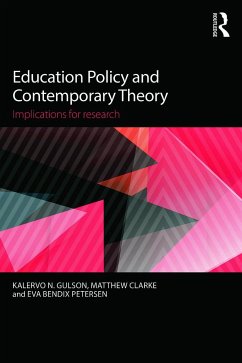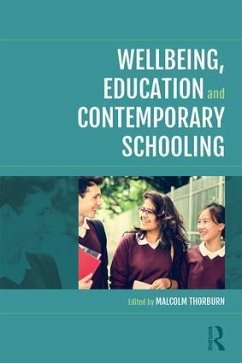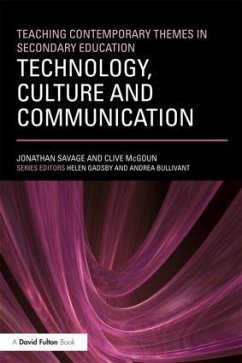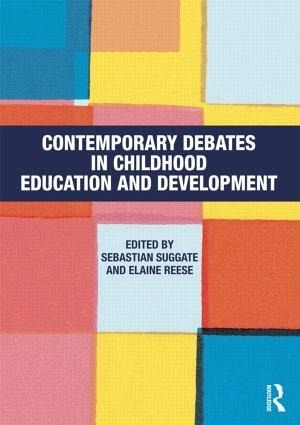
Contemporary Debates in Childhood Education and Development
Versandkostenfrei!
Versandfertig in 1-2 Wochen
56,99 €
inkl. MwSt.
Weitere Ausgaben:

PAYBACK Punkte
28 °P sammeln!
What are the risks and benefits of non-parental care for young children? What are the short- and long-term effects of academically vs. play-focused environments for learning? How and when should we teach reading? What are the purposes of Education? What is the best way to teach mathematics to children, from preschool and beyond? Contemporary Debates in Childhood Education and Development is a unique resource and reference work that brings together leading international researchers and thinkers, with divergent points of view, to discuss contemporary problems and questions in childhood education...
What are the risks and benefits of non-parental care for young children? What are the short- and long-term effects of academically vs. play-focused environments for learning? How and when should we teach reading? What are the purposes of Education? What is the best way to teach mathematics to children, from preschool and beyond? Contemporary Debates in Childhood Education and Development is a unique resource and reference work that brings together leading international researchers and thinkers, with divergent points of view, to discuss contemporary problems and questions in childhood education and developmental psychology. Through an innovative format whereby leading scholars each offer their own constructive take on the issue in hand, this book aims to inform readers of both sides of a variety of topics and in the process encourage constructive communication and fresh approaches. Spanning a broad spectrum of issues, this book covers: Phonic and whole language reading approaches The developmental effect of non-parental childcare The value of pre-school academic skill acquisition The most effective methods of teaching mathematics Standardized assessment - does it work? The role of electronic media and technology The pedagogical value of homework The value of parents' reading to children. This book combines breadth of vision with cutting edge research and is a 'must have' resource for researchers, students and policy makers in the fields of education and child development.






